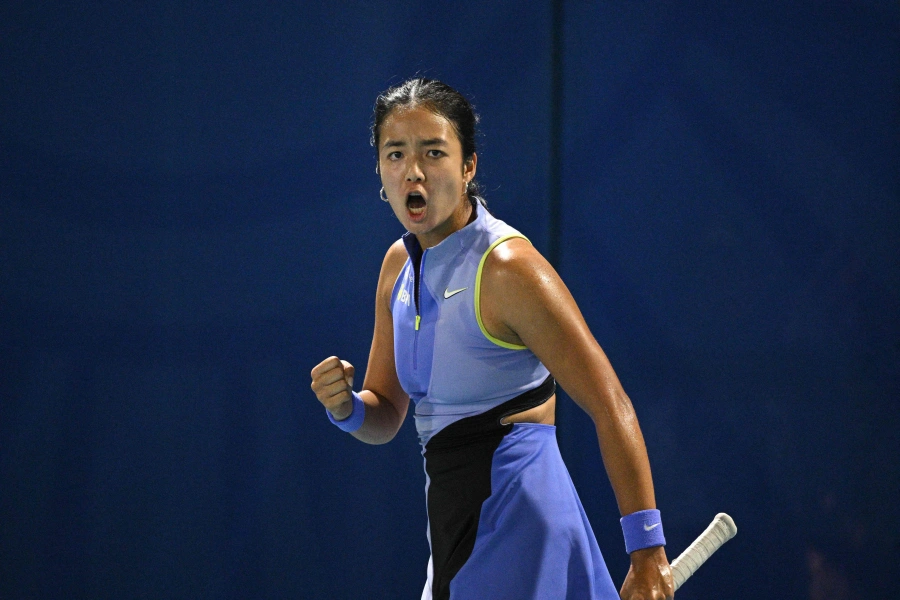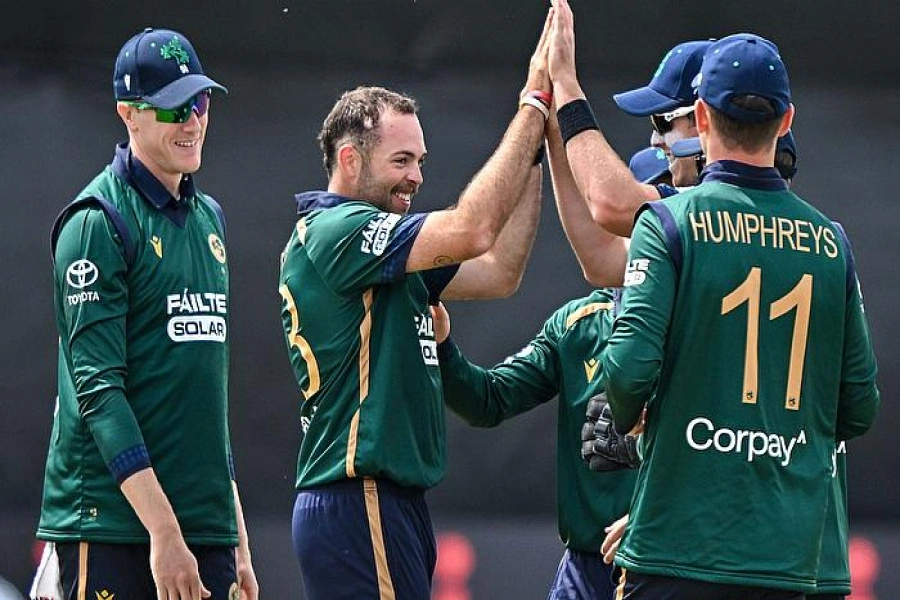Examining Legal Principles across Different Scales
The suspension of Nepali Congress (NC) MP Tek Prasad Gurung, who was found guilty on corruption charges, has confirmed that justice can be served at the discretion of the judge of the country. In any case, the judges decide on the basis of facts, evidence, law, precedent, principles and international practice - which we call justice.
Even if there isn't any existing legal framework, or if there are no previous cases to refer to, or if a new case comes up, judges can still make decisions that seem logical or fair to people. These decisions can be considered as acts of justice.
But if a decision is made in direct violation of the legal system, it can lead to a serious challenge or conflict.
In Section 33 of the Prevention of Corruption Act, 2059, if a civil servant is in custody as per Clause (c) of Sub-Section (1) of Section 28, Sub-Section (3) of Section 30, Section 31, and Section 36, there is a provision that the civil servant will be automatically suspended until the case is resolved. Gurung has been convicted by the special court and his appeal is pending in the Supreme Court.
A situation might arise in which the law is interpreted differently from court to court, different orders are issued even on the same topic from case to case, and justice is done according to the discretion of the judge.
Innovative take on gender equality

Due to differential treatment for high-profile individuals and ordinary people in court orders, justice has become inconsistent, varying from person to person and judge to judge.
The judge does not have the right to amend the laws and has to interpret it to its true essence.
But now, it has become a normal situation for the judge to issue orders based on his/her discretion. To win or lose the case depends on the judges’ discretion.
Unpredictable Phenomena
Former Speaker and Vice Chairman of Maoist Center Krishna Bahadur Mahara, who was arrested in the gold smuggling case, was released on bail a few days after the investigation. Four days after his arrest, Mahara was released on bail. During the statement given to the investigating officer, he had reportedly said he was acquainted with the Chinese gold smuggler Dao Jinwang, but that he did not do business with him. How the legal action against Mahara will proceed is not yet decided. But although the government had arrested Mahara, he was released on the pretext of being ill.
In the case of Arun Kumar Chaudhary of Chaudhary Group, who is accused of usurping government land in the name of Bansbari Leather Shoe Factory, there is a discussion in the judicial circle about the deviation from the principle of bail based on the basis and reasons taken by Kathmandu District Court Judge Yagyaraj Acharya. So Judge Acharya has been transferred to a remote area. Generally, the police get three weeks time to investigate any case, but the question is raised why a different order was given in the case of Chaudhary?
The court's approach to granting bail differs significantly between celebrities such as artist Paul Shah and cricketer Sandeep Lamichhane, and ordinary individuals.
Ravi Lamichhane, who is currently the home minister, was acquitted in the case related to Salikram Pudasaini's suicide a few years ago. Common people are often kept in prison in criminal cases, but leaders or people with access to power are released from prison by confiscating their passports or by restricting their mobility.
Criminal Justice Dilemmas
After a criminal case is filed against any person in the court, the law allows the accused from seeking their release on bail. In a criminal case, as soon as the complaint is registered, the police will arrest and proceed with the investigation process with the permission of the court. In general, the principle of bail set by Section 67 of the Civil Criminal Procedure Code 2074 is that in cases that can lead to imprisonment for life or three years or more, the case can be investigated by keeping the accused in custody. In general criminal cases, there is a provision to give general bail, bank bail or bond to the accused who has appeared by himself within the time limit issued by the court, to those who are more than seven months pregnant, to physically or mentally disabled persons and to the elderly of over 75 years of age. But in some cases, even the people who do not meet the above criteria are given bail.
Dynamics between Leaders and Celebrities
The legal system is the same, but there is a discussion in society about why the court has a flexible approach in the case of leaders and celebrities. Former Speaker Krishna Bahadur Mahara spent nine months in jail for raping a female employee of the Parliament Secretariat, while actor Paul Shah was also jailed for a year. Similarly, Sandeep Lamichhane, who was imprisoned in a rape case, was released after a few months. They roam around freely even when the case is sub judice. But in the case of a similar nature related to an ordinary person, it is unimaginable for them to be freed from jail on bail.
Breach of Precedent
In the context of criminal justice, the Supreme Court has prohibited the arbitrary use of detention based on the facts and circumstances of the case. It has been established that the option of imprisonment or not should be used based on the punishment that can be given in any case, the involvement of the person in the crime, and the evidence against the accused. In Supreme Court Decision No. 8202 Advocate Rajeev Bastola vs. District Forest Office Kathmandu, the full bench explained that the accused should be seen as accused first, and should not be sent directly to prison on the basis of the case unless it is confirmed by facts and evidence.
Similarly, in decision No. 8473 Advocate Neelam Paudel against the Government of Nepal, it has been established that detention is not the first option, when there is option for bond, bail or a simple bail option. Even in the Decision No. 4303 Badri Prasad Sigdel against the Government, it is found that the principle of imprisoning or setting bail should be considered discretionary.
Although the court is considered to be the most orderly and controlled body by law and precedent, the different views, understandings and practices of the judges have cast a shadow in our courtrooms.



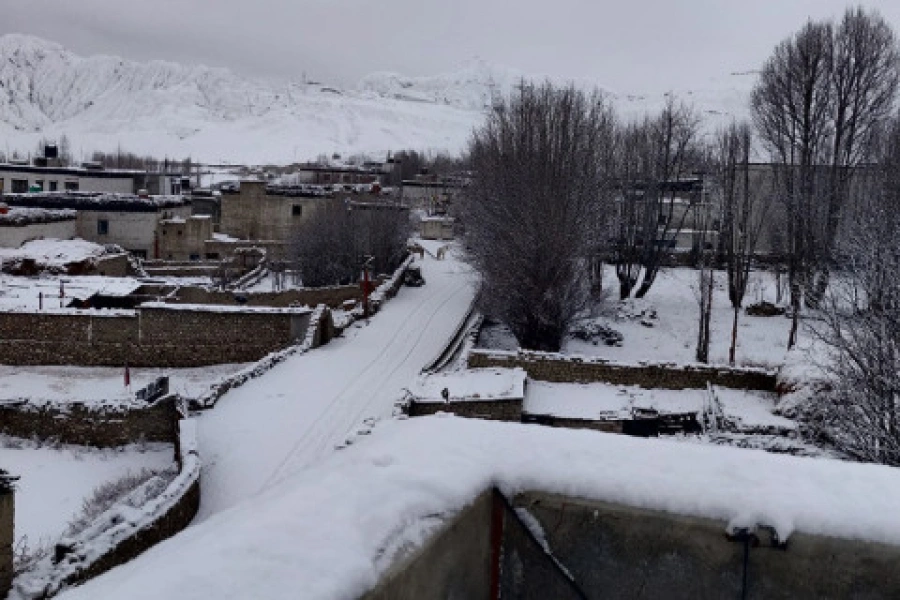


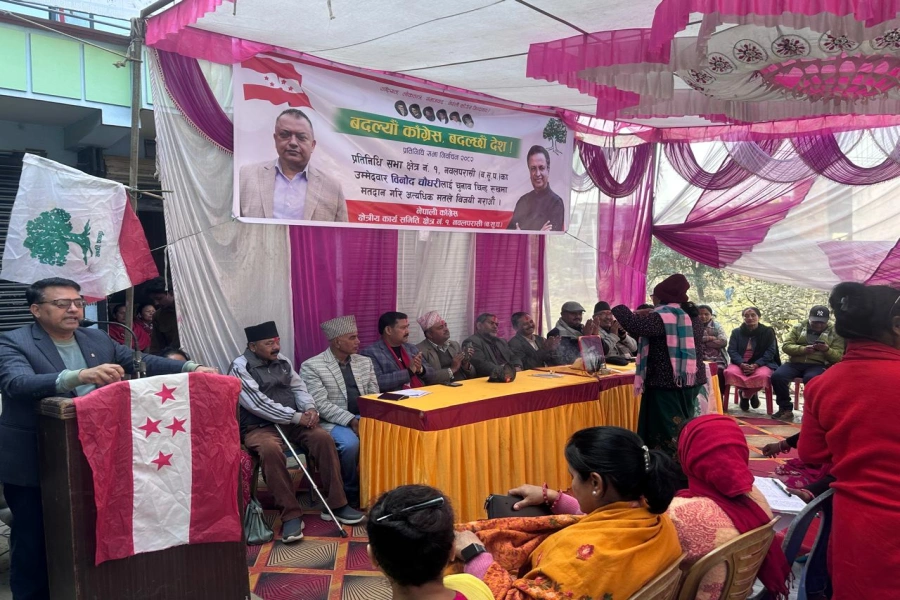
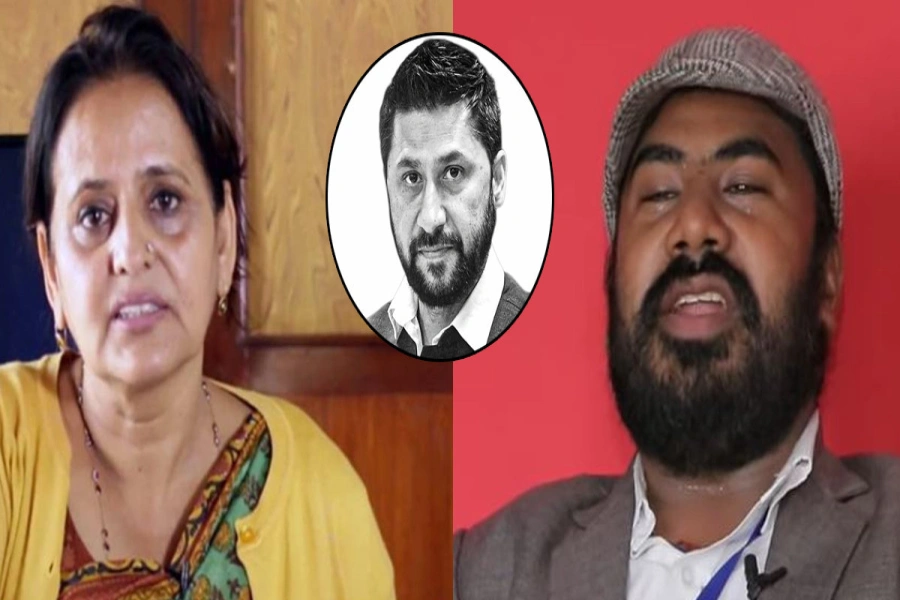

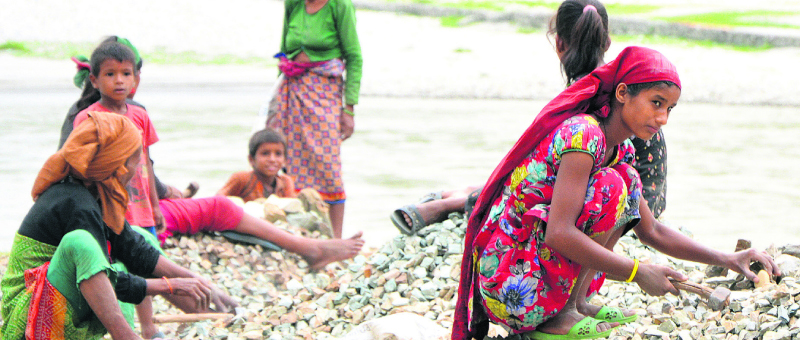








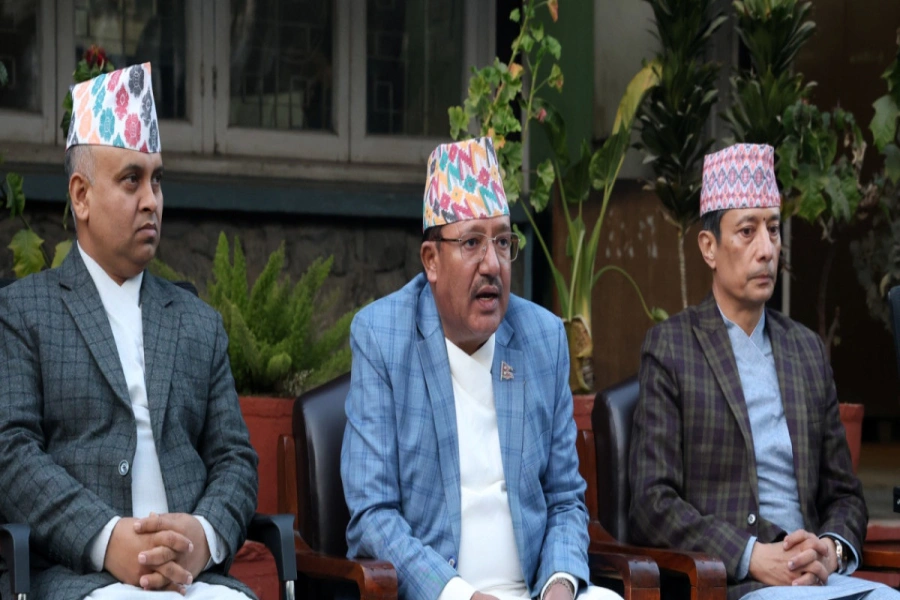




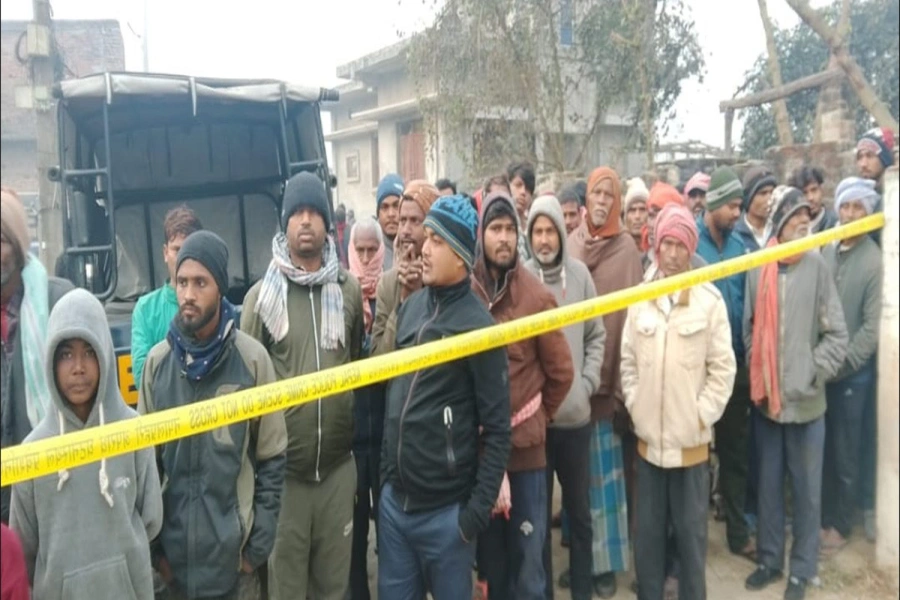
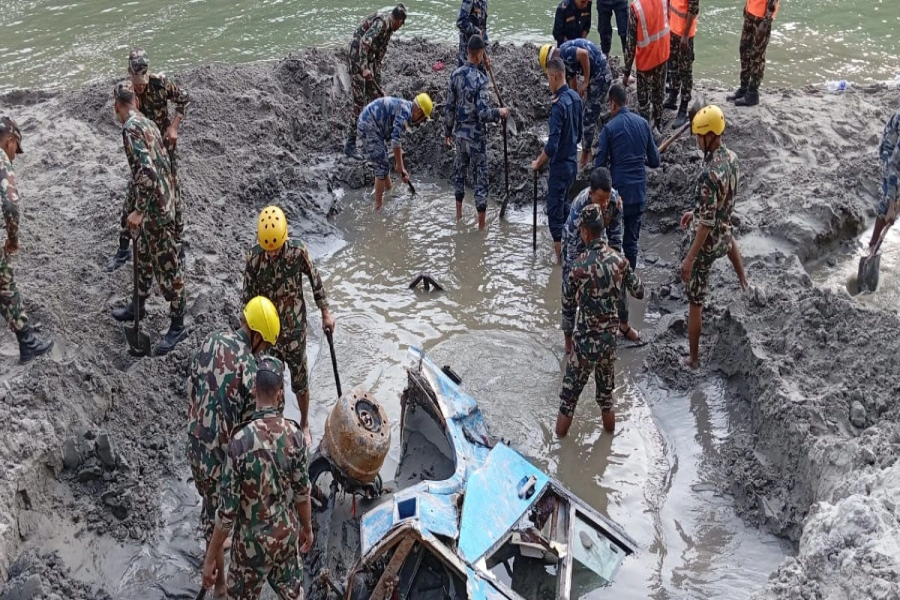
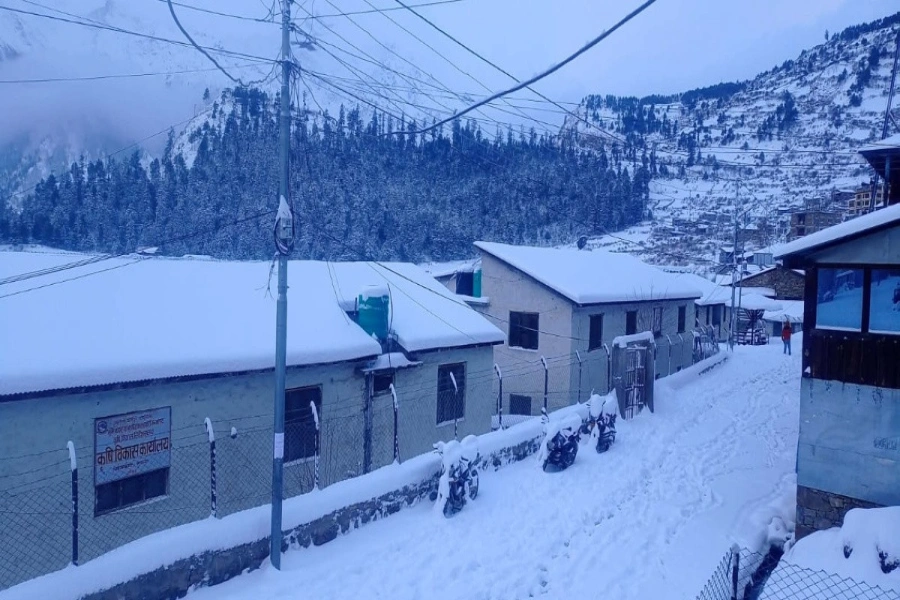
-1769564710.webp)






